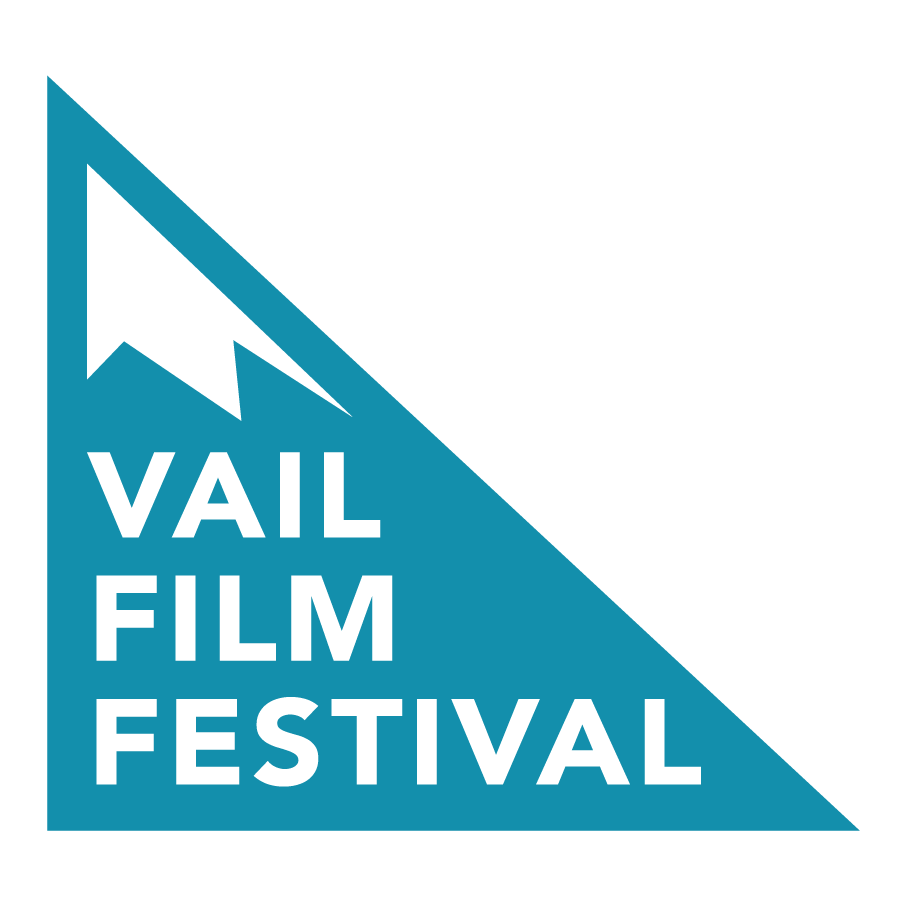Film Noir with Ben Chapins
Writer, director and editor Ben Chapins' recent short, Yin Dragon, is a nod to the 60's & 70's noir films. VFF attendees may remember Ben from his feature mokumentary, Racewalkers, that played at the 2010 festival.
About: Ben graduated from Iowa State University in 2007 and moved to New York to pursue a career in video production. He's currently a Senior Editor at TV Land, and enjoys writing, illustrating, and collaborating on independent films in his spare time.
How long have you been directing/writing? I have been seriously writing and directing films in New York for 7 years.
How many short films have you directed? This is the 3rd short film I have directed since college. My good friend, Christian Wilfong, and I take turns each year: I’ll write and direct a film that he will shoot, and I’ll edit a film he writes and directs. It’s a process that has helped us motivate and support each other’s projects.
What is your top advice for first-time directors? The biggest advice I have for first-time filmmakers is to always ask yourself “why” when making a decision; if you can’t answer it then maybe there is a better way to accomplish the task. This gives your project purpose, and helps your crew understand the bigger picture of what you want.
Another piece of advice is to always welcome ideas from the people in your crew. You’re not obligated to use them, but sometimes someone comes up with a better way to do something and it will only hurt your project if you reject their ideas for the sake of preserving your own. Films are a collaborative process for a reason, because it makes them better!
My last piece of advice would be - if all else fails - try to convey emotion in your films. Some people may argue with me, but I like to think about what I want my viewers to feel during each scene. It doesn’t matter if the feeling is humor, or sadness, or anger, or all of these; as long as a film makes its viewers feel something, it has accomplished its goal of connecting to its audience. I think that’s far more important than a viewer remembering a certain character’s name, or anything else along those lines. You could have the most original, most mind-bendingly-clever plot, but if your audience doesn’t feel something while watching it then it doesn’t matter.
Is there any one part of the process that you enjoy more than the others? I really love the writing and editing phases. There’s something really exciting about having no boundaries for your imagination, and I get that feeling most when I’m conceptualizing an idea or putting it together in edit; there are just so many possibilities to telling a story and I think those areas allow you that freedom the most.
Yin Dragon
What drew you to wanting to tell this story? I love noir films, especially those made in the ‘60s and‘70s and even the ‘80s. Films like “Chinatown” and “Blade Runner” were inspirations for me in terms of storytelling and tone. I love the whole private investigator character archetype: guys who are down on their luck, then things go from bad to worse, and in the end when all is said and done, and things go back to normal… “normal” still isn’t all that great.
I personally find courage in those stories, in the way that life sucks for these people but they’ll survive -- and they’ll look cool doing it. You end up wanting to be them, regardless of the hardships they go through.
What kind of camera did you shoot on? We shot it with an Aaton XTR Prod Super16 camera (with Fuji Eterna 500T 16mm film)
What were some of the challenges in getting this film made and how did you overcome them? Many of the challenges we faced had to do with budget and location. Thankfully we had great supporters on our Kickstarter campaign who funded $2000 or our $3000 budget. We knew from the beginning that we wanted to use film as opposed to a completely digital workflow, which meant we would have to be very conservative with our budget.
This forced us to plan the project around our budgetary limitations: with six 400ft rolls of film we could make a 15 minute finished edit as long as we kept to a strict 2:1 shooting ratio (that is, two takes for every shot) for scenes without dialogue, and a 3:1 ratio for scenes with dialogue because they are a little more complicated. I kept dialogue to a minimum in the script to help with this.
Also, shooting in New York is always a challenge, sets are small and expensive, and exteriors are difficult to control what goes on in the frame. We wanted Yin Dragon to be a very atmospheric film, so we decided to make these traits of NYC work to our advantage as opposed to combating them: incorporating the hustle and bustle of Chinatown, the cramped apartments, and the uneasy feeling that “you’re never alone” into the fabric of the film.



